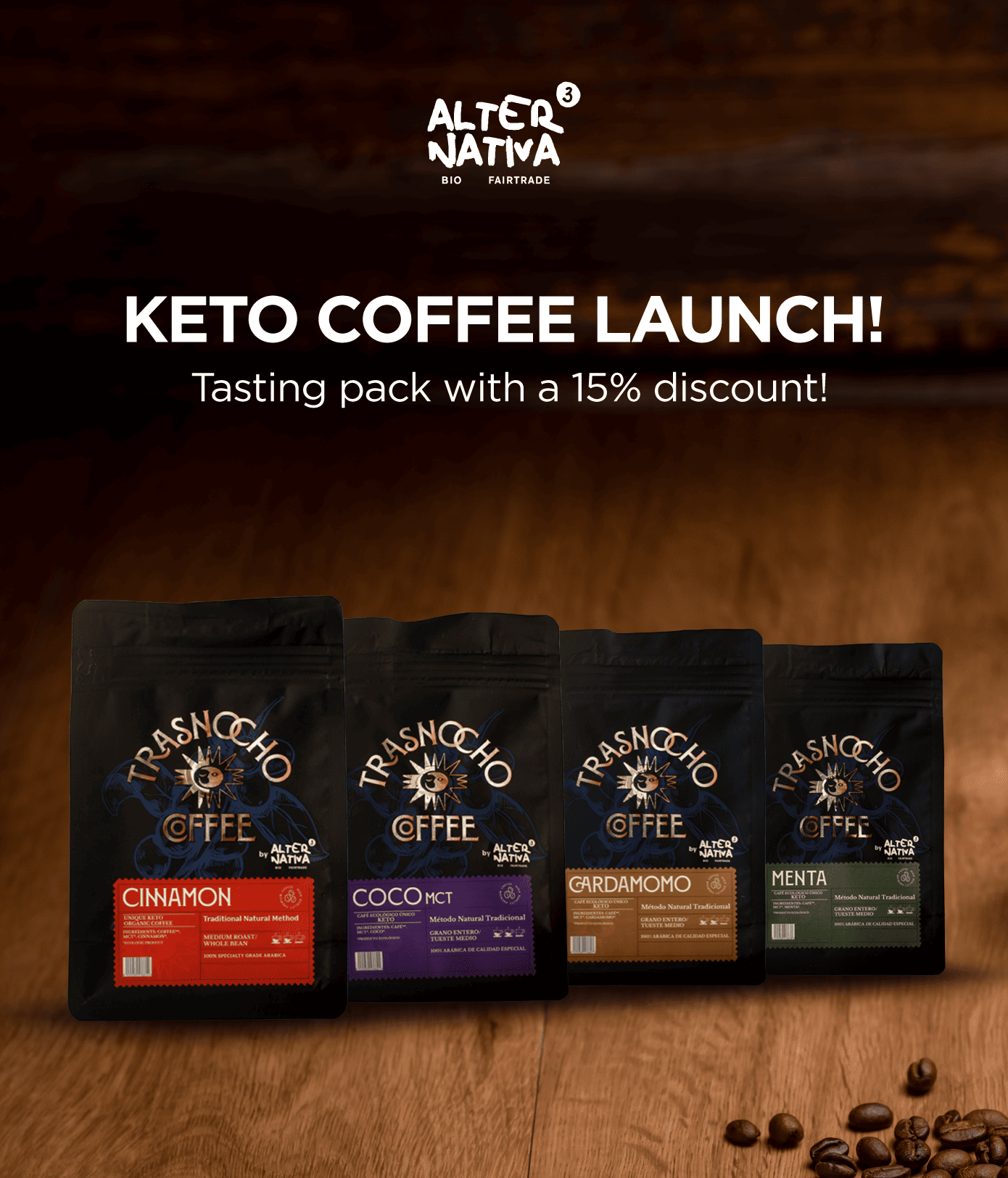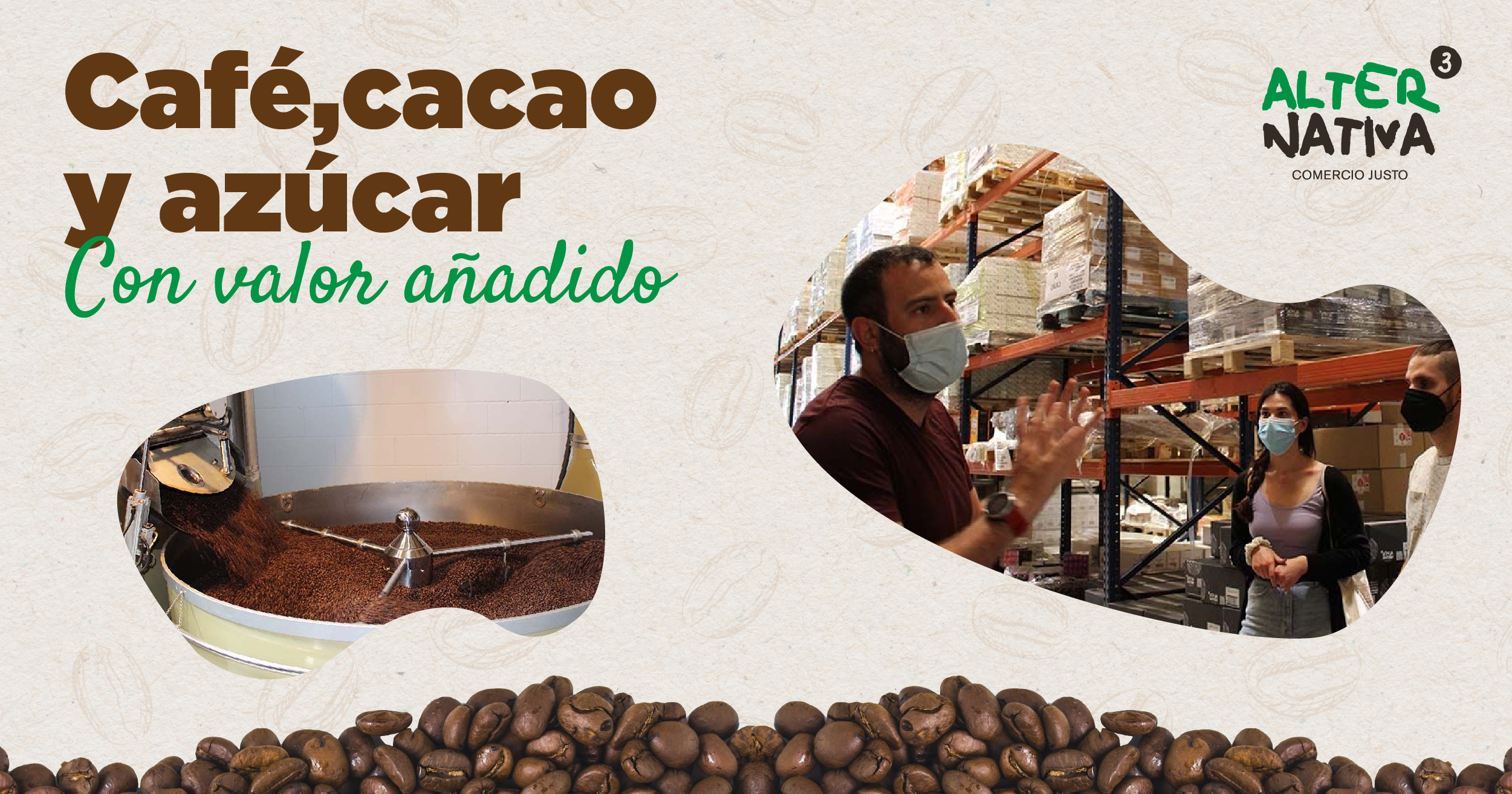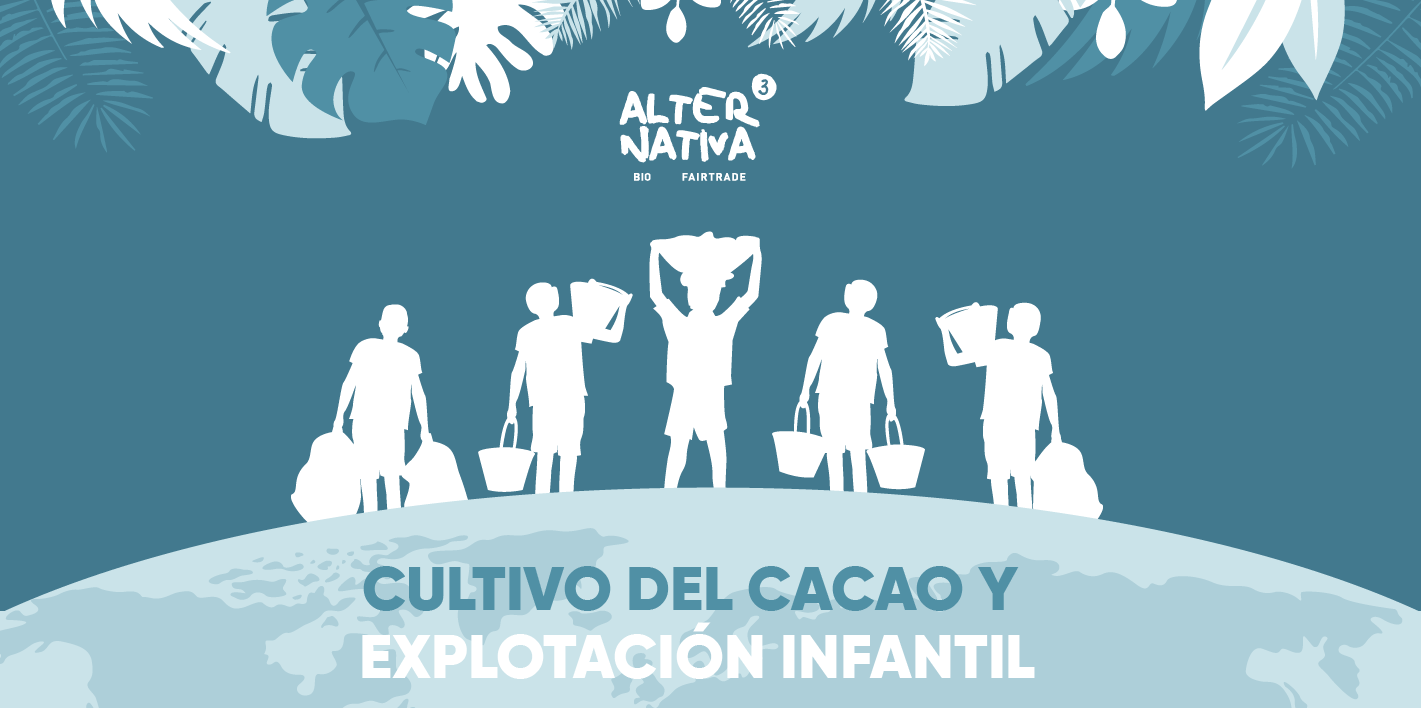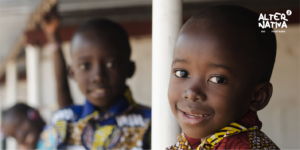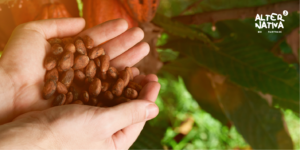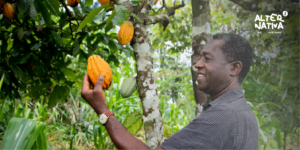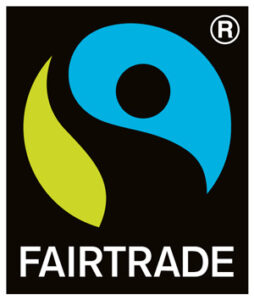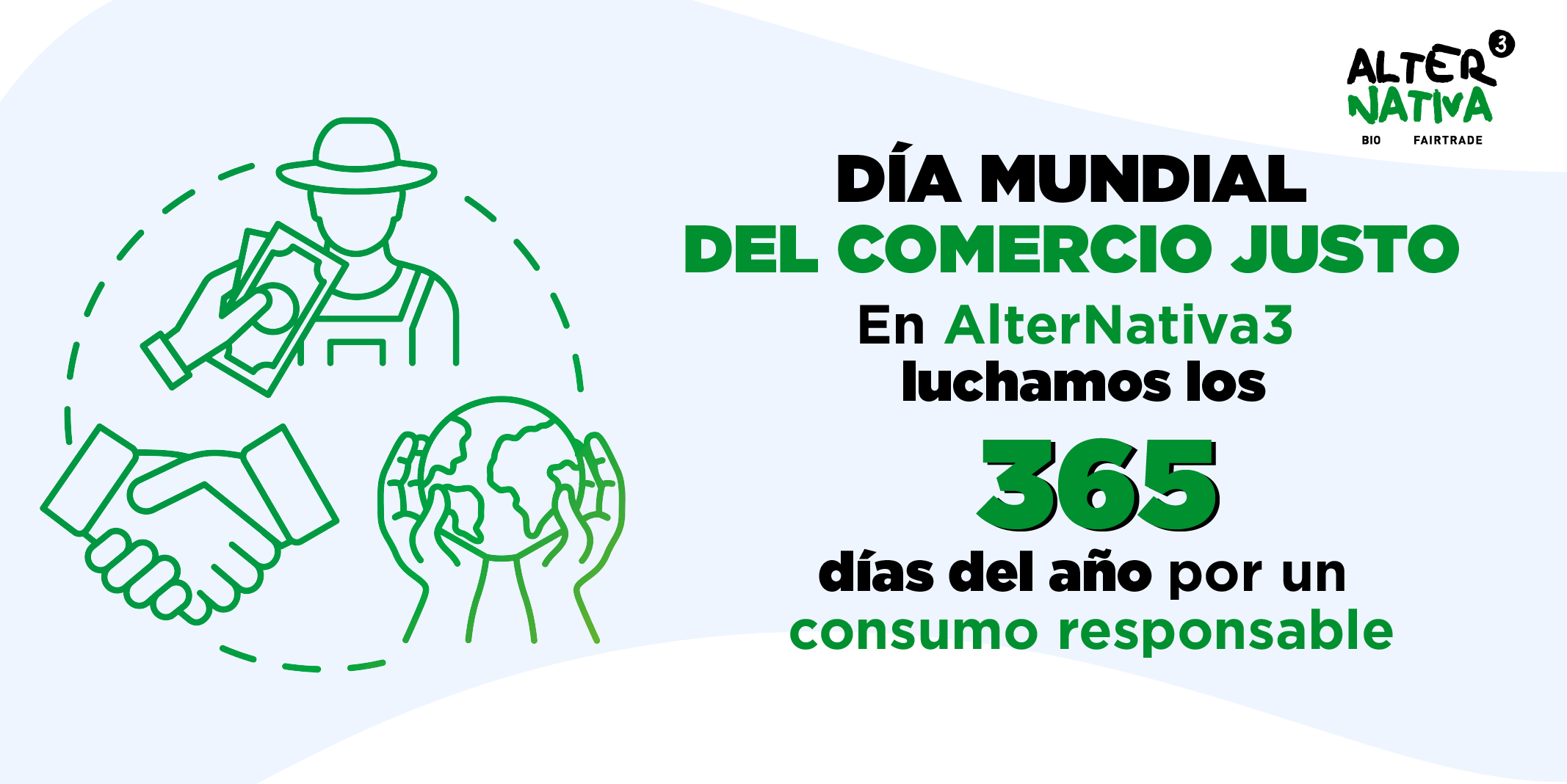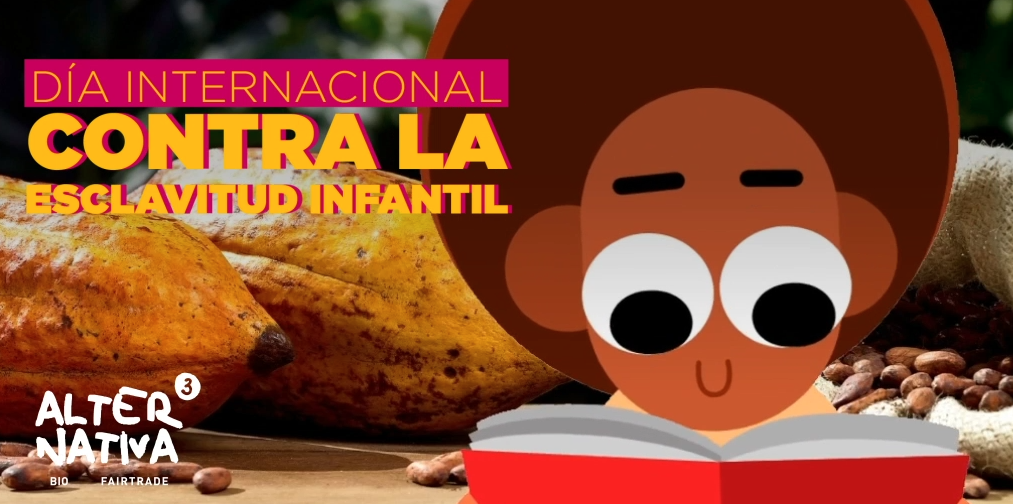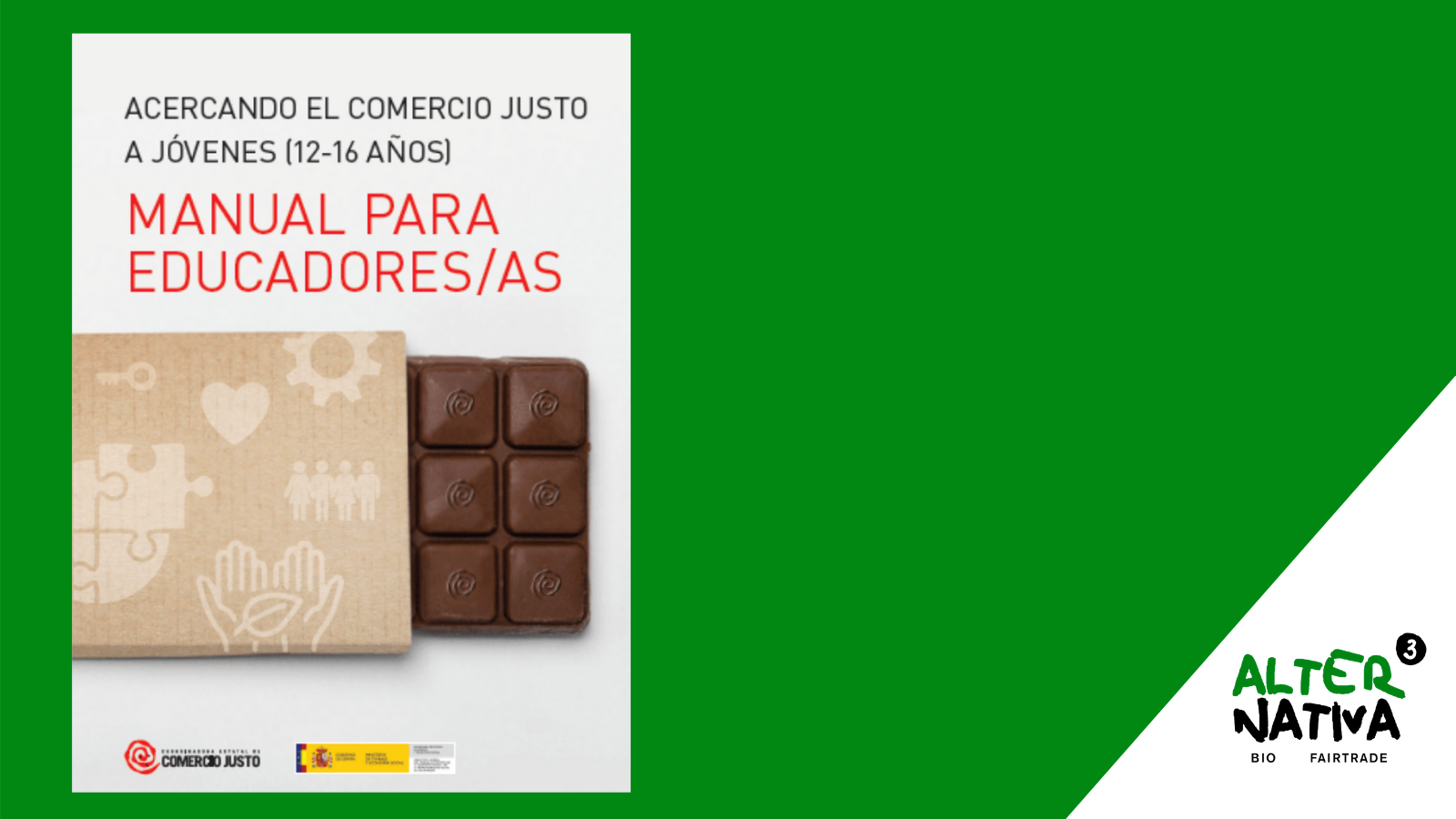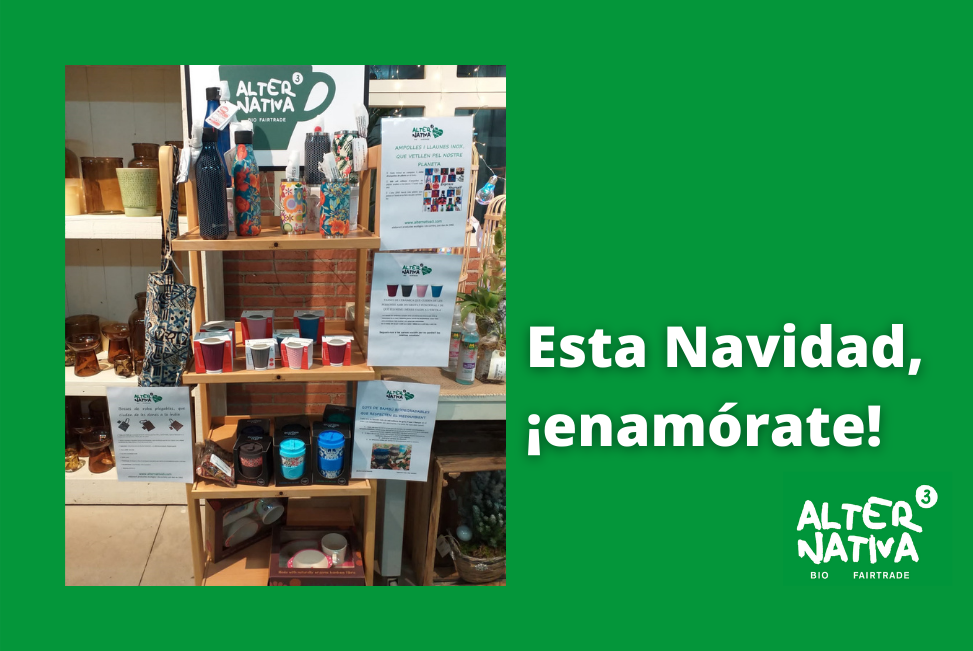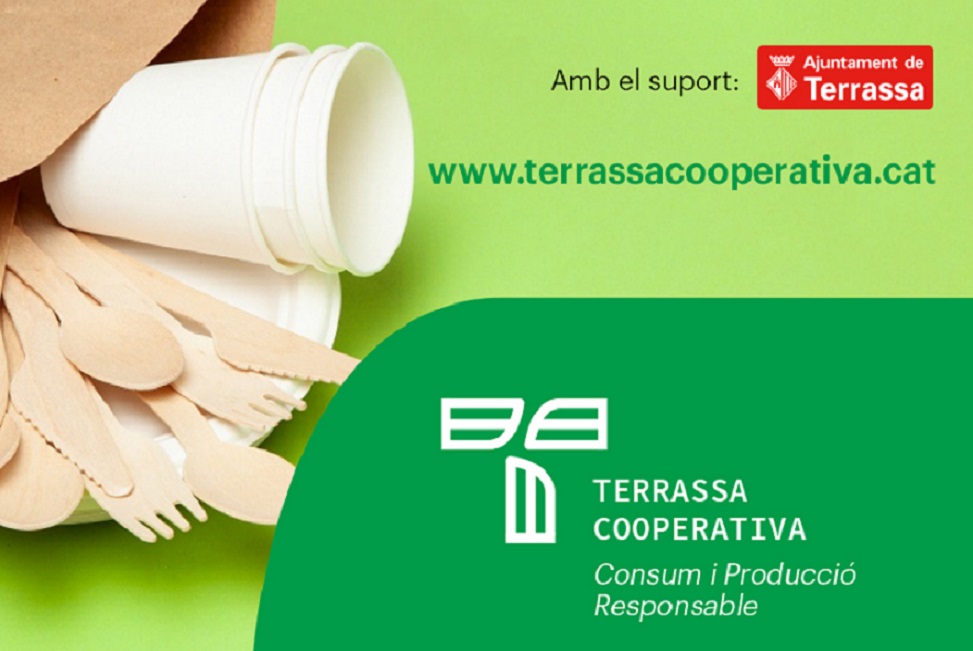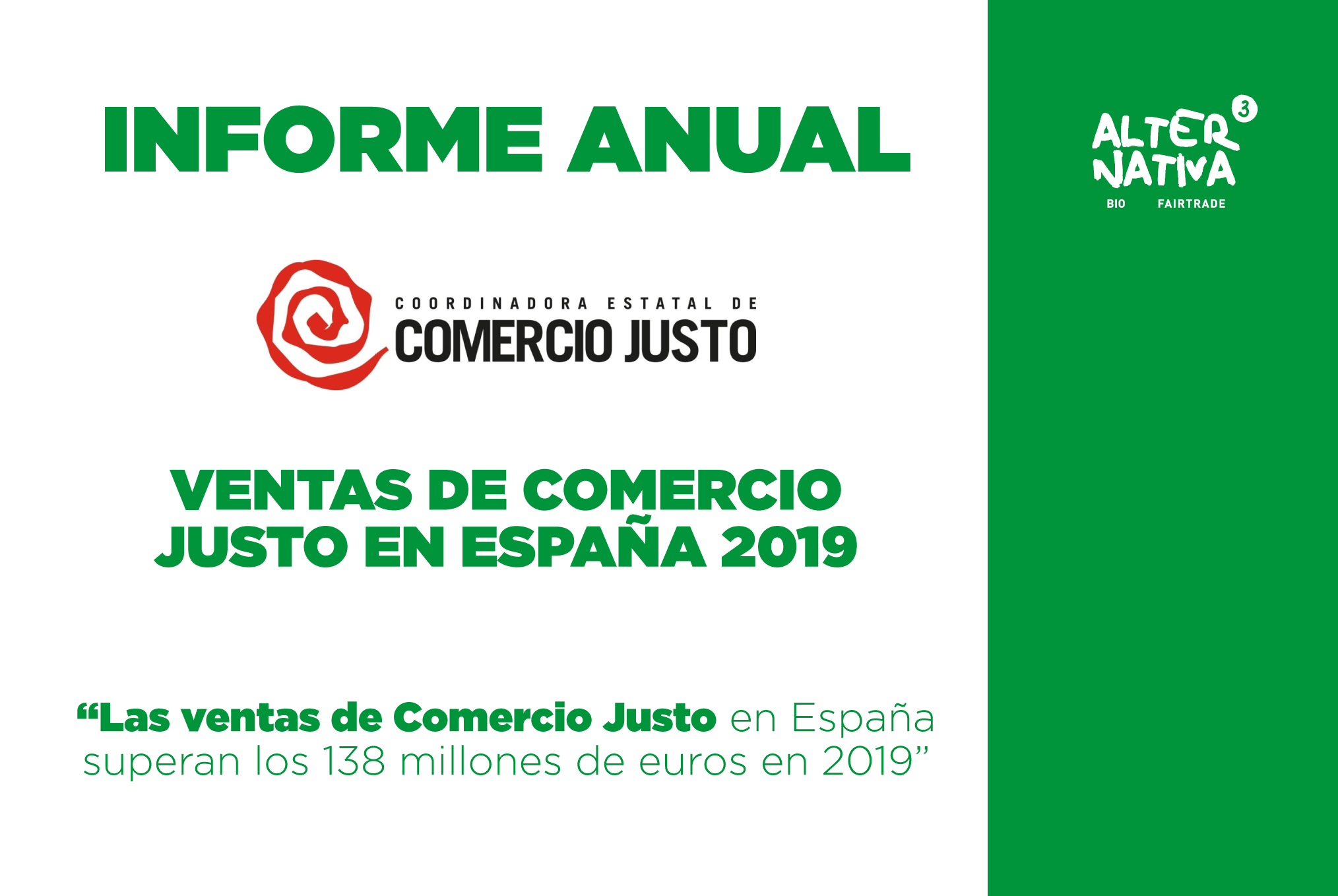Enjoying a good coffee, its aroma, its intense flavour, with the peace of mind of knowing that it has been produced with respect for nature and people. This is the concept under which the cooperative works AlterNative3one of the major references in the Spanish organic and Fairtrade sector.
Author of the paper: Ariadna Coma, Journalist , Journalist bio@bioecoactual.com | Here is the original publication.
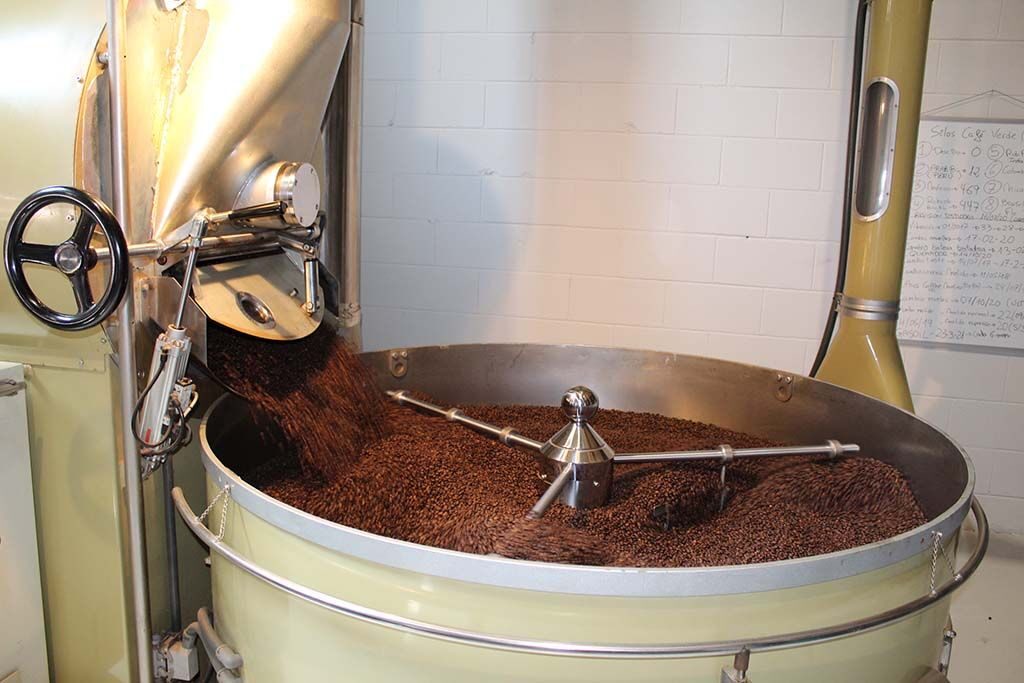
AlterNative3 was founded in Terrassa (Barcelona) in 1992 with the aim of offering responsible, sustainable and quality alternatives to everyday consumer products. For almost 30 years, it has been processing coffee, cocoa and sugar in its own processing factory, always combining the respect for the environment with the economic sustainability and a fair treatment producers and workers. A philosophy that drove the project from its origins and that is still present throughout the entire production process: from the procurement of raw materials to the final product.
The cooperative's daily work is based on the production of healthy products, without preservatives or artificial additives, taking the utmost care in the process. To this end, the best raw materials are selected. They are grown in small cooperatives of producers of origin, located mostly in Central and South America, Africa and some regions of Asia. True to the essence of fair trade, AlterNative3 maintains long-term relationships with producers to ensure that they receive a fair price for the production of raw materials and a sufficient economic margin so that they can continue their activity and live in dignified conditions.
Thus, AlterNative3 offers an extensive range of products ethical and quality in its catalogue. Specifically, more than 200 items including coffee, cocoa, sugar, drinks, infusions and sweets, all of them certified by the Fairtrade labels (Fairtrade) and ecological (Euro Leaf).
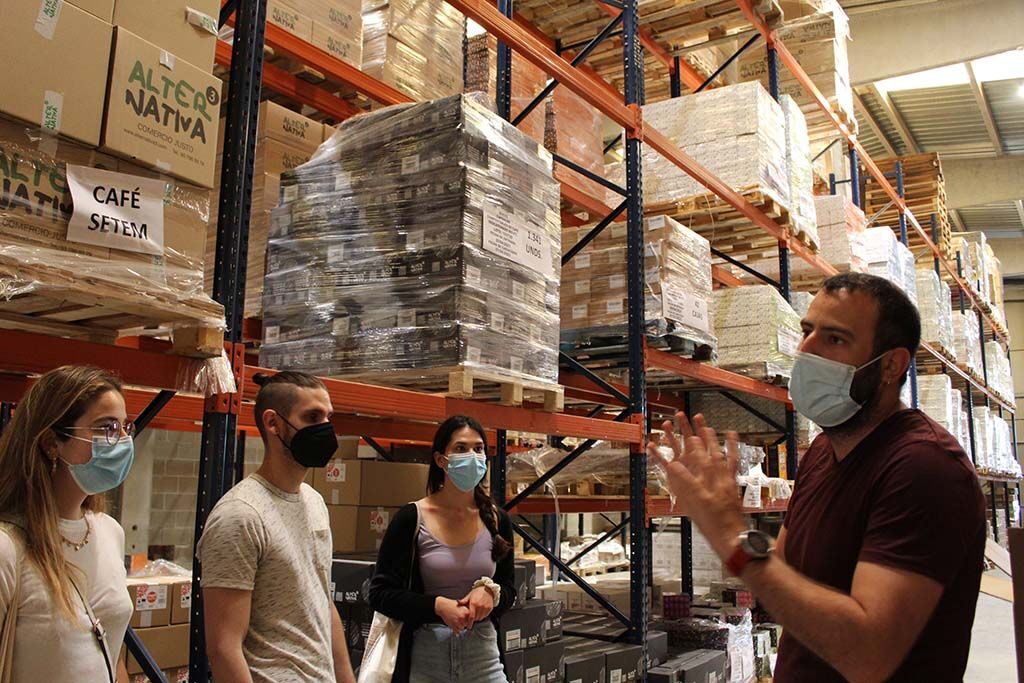
Coffee artisans
The team of Bio Eco Actual was able to witness the dedication and passion of the cooperative's members as soon as they entered the roasting plant, the first and only Fairtrade coffee roaster 100% in Spain. Amidst the enveloping smell of coffee, Antonio Baileco-founder of AlterNative3shows us a small toaster with more than twenty years of history. It was the first to come into operation in the cooperative and is, to this day, a piece honoured for its historical and emotional value.
After the roasting tests, in order to always seek the best point, aroma and flavour of each unique variety or blend of coffee, looking for the perfect formula, the process is automated and the machinery comes into action. The green (raw) coffee beans, from between 15 and 18 origins, are unloaded onto a large scale, where they are measured and mixed or not, depending on the product, to achieve the desired balance for each of the varieties. From there, the coffee travels to the roaster to be slowly roasted at the desired temperature. This is the only way, Antonio explains, to achieve a homogeneous and uniform result for each bean. Finally, the coffee beans are cooled and transferred to the grinding and packaging machines, from where they leave the roaster. more than 100 tonnes of fair trade and organic coffee per year.
Cocoa and sugar
The cocoa and sugar processing plant is located in the adjoining hall. Every year, the following are produced and packaged there 600 tonnes of cane sugar and more than 20 tonnes of cocoa. All the products, once packaged, are transferred to the cooperative's logistics centre: the main warehouse, located a few metres from the factory, next to the offices. There, orders are organised and prepared for shipment to specialised shops, catering establishments and also to private individuals, via the online sales channel.
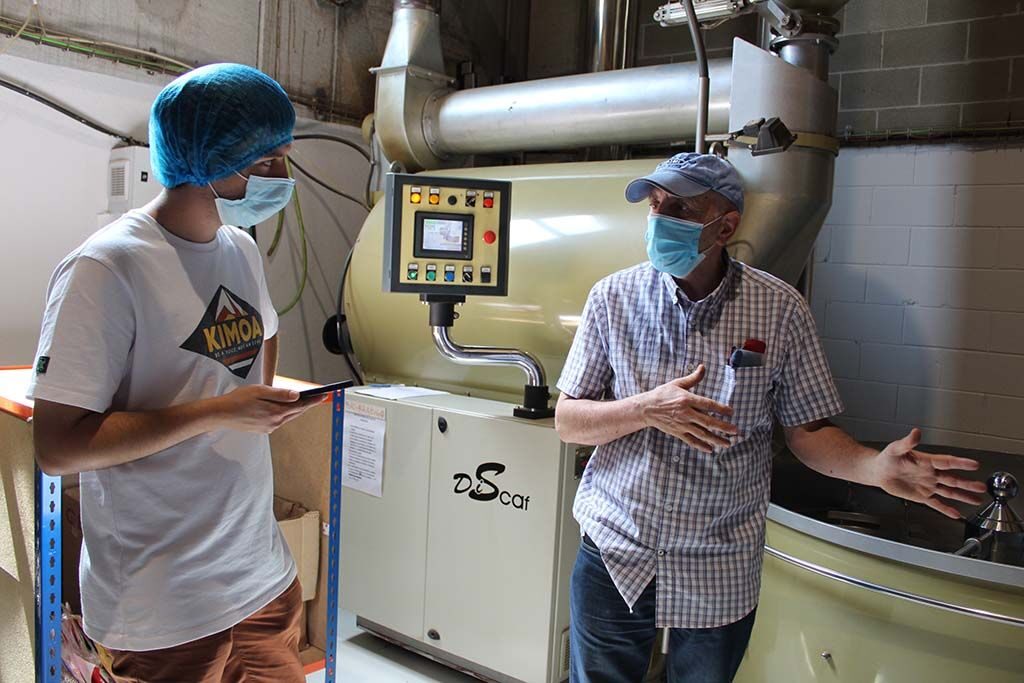
30 years of constant evolution
Strolling among the sacks of coffee, Antonio recalls the evolution of AlterNativa3 over its almost 30 years of existence. The cooperative always seeks a balance between innovation and tradition. It has grown in production without losing its commitment to the Fair Trade philosophy. It maintains a high level of awareness in all its actions.
AlterNativa3's commitment to social responsibility policies covers all areas. It starts with the relationship with producers and goes all the way to consumers. Its aim is to offer maximum quality and transparency. For this reason, one of its main challenges is to strengthen the traceability of the products. Francisco Baile says: "Product traceability is very important for Fairtrade. We want to better communicate the path of the products, but it is a global challenge for the whole Fairtrade movement".
Likewise, the desire to innovate has been key to the cooperative throughout its history in order to adapt to the dynamism of the market and new consumption models without losing sight of its commitment to sustainability. In this respect, the introduction of new packaging machines and the search for new biodegradable materials that generate less waste while keeping all the product's properties intact is one of the cooperative's most recent actions. Likewise, the development of new products, such as the line of zero waste items or the new biodegradable coffee capsules of biodegradable originThe new "new" consumer models, which will be presented shortly, are crucial in order not to lose the thread of the new consumer models.
The cooperative is therefore a clear example of constant reinvention while remaining true to its philosophy. It guarantees that responsibility, solidarity, sustainability and ethics are present in every cup of coffee or chocolate from AlterNative3.
